Illness & Sleepiness
A primitive neural switch may explain why illness makes us sleepy.


Neuroscientists investigate how humans ponder what we’ve learned by studying the brains of monkeys.
Scientists discover a vertebrate brain circuit that triggers hunting, pouncing and biting.
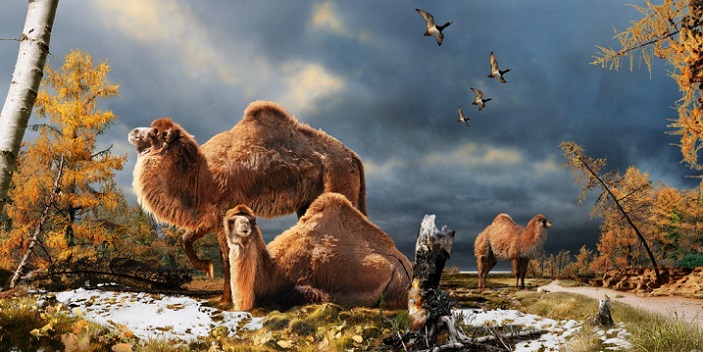
Camels seem perfectly suited to life in the desert, but they may have evolved those traits in the high Arctic.

A listener asks whether it's true that large dogs don't live as long as small dogs.

Champions of endurance, sled dogs can run for over a thousand miles without fatigue.
Stressing out plant cells can coax them into revealing medically-useful chemistry.
No other creatures match insects when it comes to sheer numbers of migrating animals.
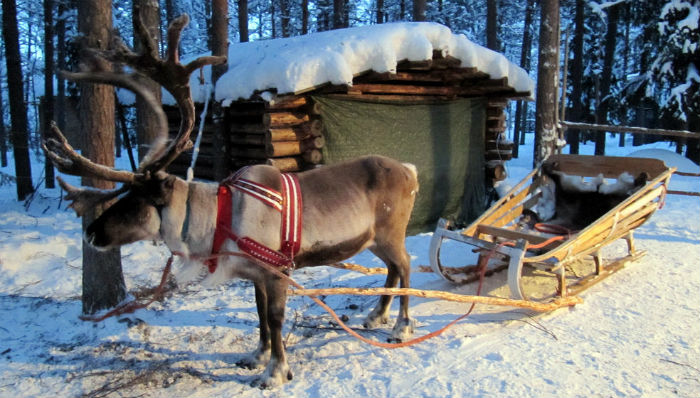
Most mammals have internal clocks that regulate their daily cycles, but not reindeer.

Reindeer can detect ultraviolet light, which may help them survive dark Arctic winters.
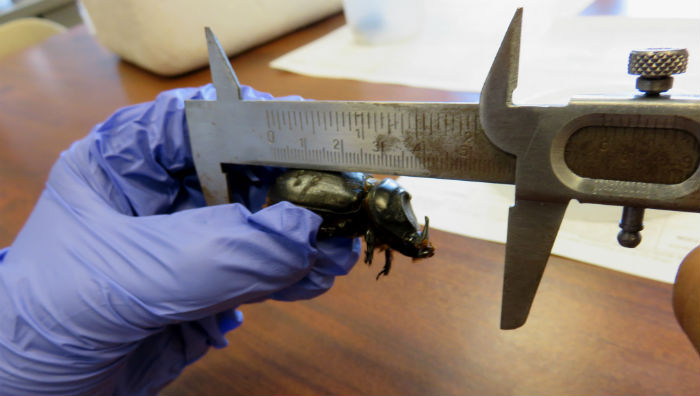
In a race against time, scientists attempt to stop an insect invader by using its own sounds.
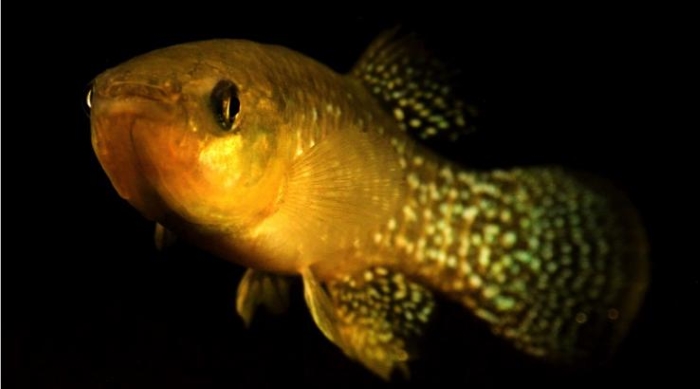

Could teenage binge drinking have effects on the next generation, even if they’re never exposed to alcohol?
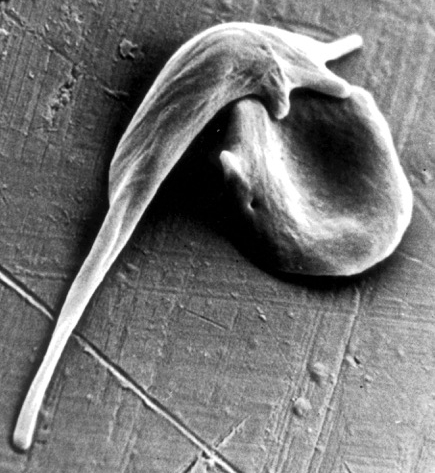
Scientists use a powerful new gene editing tool to treat sickle cell disease.
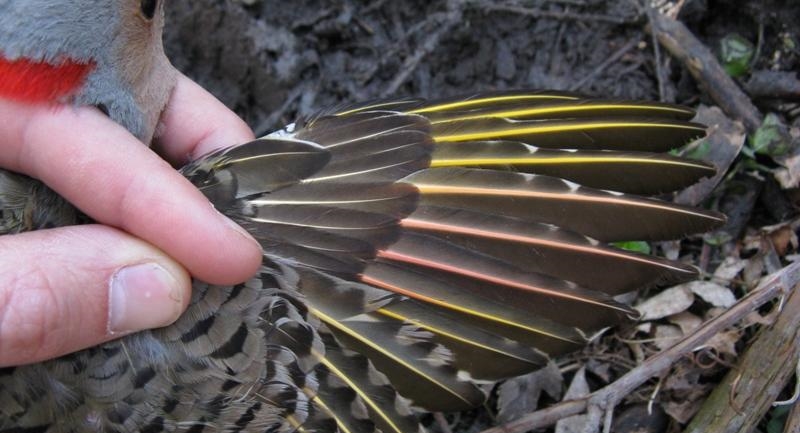
The berries of invasive honeysuckle plants are causing birds in eastern North America to change color.

Unexpected biodiversity on the seafloor may play a big role in marine food webs.

Bowhead whales in the Arctic Ocean sing a large variety songs to communicate with other whales.
Across the globe, humans have selected pigs with genetic mutations for black coats.
